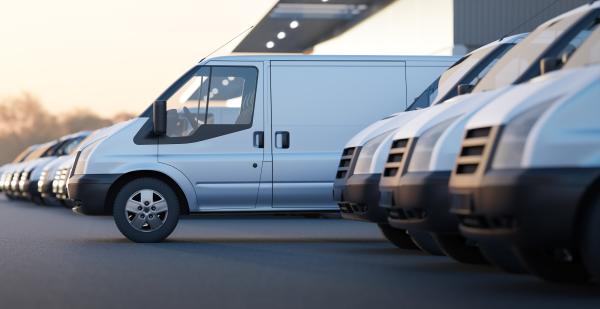
When an employee is provided with a vehicle they can use privately, whether that vehicle is a car or a van makes a big difference to the tax cost for both employer and their employee. For some vehicles, particularly those with crew cabs, whether it is taxable as a car or a van is not always as straightforward as you might think. With the 6 July deadline for submitting 2022/23 P11Ds approaching, it is worth reviewing the classification of all vehicles provided to employees for benefit in kind purposes.
Why it matters
Private use of a company vehicle creates a taxable benefit in kind, and the amount of that benefit depends on the nature of the vehicle. The benefit in kind for a car is valued as a percentage of its list price, where the percentage depends on its CO2 emissions. The benefit in kind for a van is a flat rate charge of £3,600 for the 2022/23 regardless of the price of the van, and could be zero if the van is electric. This means that if the vehicle is classed as a car, then the taxable benefit for both employer and employee will be significantly greater than if it is classed as a van.
In fact, for vans, it is possible for there to be no benefit in kind at all if any private use by the employee is insignificant. Unlike a car, commuting to and from work in a van is not counted as private use, and therefore unless the van is used by the employee for trips other than home to work there may be no van benefit in kind at all.
So what is a van?
For benefit in kind purposes, a van is a vehicle which is primarily constructed to carry goods or burden. That the vehicle might be considered a van for other purposes such as road tax or VAT, is not relevant here - the test for the benefit in kind rules is very specific.
This test can cause issues for crew-cab vehicles, which have a second row of seats behind the driver and can therefore carry both passengers and goods. The leading case here involves Coca Cola and was finally decided by the Court of Appeal in 2020. Coca Cola provided employees with three different types of vehicle - a Vauxhall Vivaro and two types of Volkswagen Kombi. Each of the vehicles had seats behind the driver and had been modified by Coca Cola for their specific use. Since all three of the vehicles considered made substantial provision for passengers, the Court considered that their predominant purpose was no longer that of carrying goods. In fact, the Court noted that it might be possible for such a vehicle to have no primary purpose. Therefore, it was necessary for benefit in kind purposes to treat the vehicles as cars, resulting in a much higher tax charge.
HMRC has recently issued its annual reminder to employers to make sure they are treating company vehicles correctly. More details of HMRC’s view on the car or van question are available in their Employment Income Manual.
This article reflects the position at the date of publication (9 May 2023). If you are reading this at a later date you are advised to check that that position has not changed in the time since. We regularly publish articles on a range of tax and wider topical issues which affect employers. If you wish to subscribe to our monthly Employer Focus e-newsletter, please contact us.















